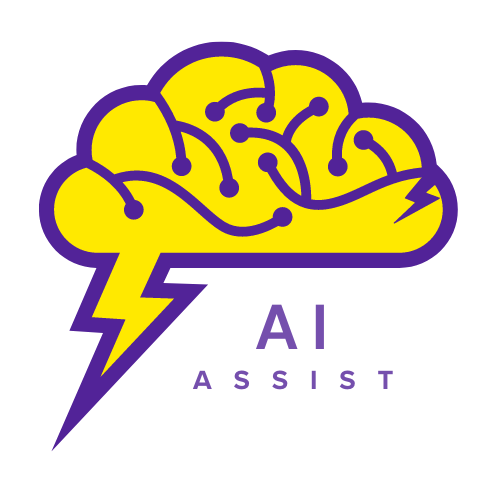AI Assist: Sources
SoTL Research Foundations: Instrumentation and Data Sources

Artificial intelligence (AI) can be a valuable resource for SoTL researchers when selecting appropriate instruments and data sources. AI chatbots, for instance, can help researchers brainstorm ideas, refine their research questions, and identify potential data collection methods. Researchers can receive tailored recommendations that align with their specific needs by describing their educational environment and research objectives to the chatbot.
For example, a researcher might use an AI chatbot to explore potential instruments for measuring student engagement in an online course. The chatbot could suggest various survey tools, digital analytics platforms, and observational protocols based on the description of the course and the research objectives. Sample prompt: "What are some effective instruments for measuring student engagement in a graduate-level online course?"
AI can also assist in aligning instruments and data sources with the study variables and theoretical framework. Researchers can input their research questions and theoretical foundations into the chatbot, which can provide suggestions on relevant instruments and data sources. Sample prompt: "How can I align my data sources with constructivist theory in a study on collaborative learning?"
Ensuring the feasibility of using instruments and accessing secondary data sources is another area where AI can be helpful. Researchers can describe their classroom setting, whether face-to-face or online, and receive advice on practical data collection methods. Sample prompt: "What are feasible data collection methods for assessing student participation in a face-to-face undergraduate course?"
Figure 1
Example ChatGPT Response to Prompt
AI tools can also offer insights into the ethical considerations and IRB requirements for using different instruments and data sources. Sample prompt: "What ethical considerations should I be aware of when using online discussion logs as a data source in my research?"
By leveraging AI, SoTL researchers can streamline the process of selecting and validating their instruments and data sources, ensuring that their research is both rigorous and contextually appropriate.
---------- Grouped Links ---------
numOfValidGroupedLinks: 8
SoTL Helper (AI - POE external): https://poe.com/SoTLCIRTBOT49
GCU Site Authorization: https://research.gcu.edu/integrity/site
Research Consultation: https://cirt.gcu.edu/research/support/consultation
THINK: https://cirt.gcu.edu/research/support/clubs
GCU IRB: https://research.gcu.edu/irb
RR: SoTL: https://cirt.gcu.edu/research/develop/research_ready/sotl/1
RR: Qualitative: https://cirt.gcu.edu/research/develop/research_ready/qualitative
RR: Quantitative: https://cirt.gcu.edu/research/develop/research_ready/quantresearch
----------------------------------
-------------- Links -------------
numOfValidLinks: 0
----------------------------------
Related Resources
this.updated: True
links.count: 0
obj.hasPermission(enums.PermissionVerb.Edit): False
numOfValidLinks: 0
linksJSON.groups.count: 1
numOfValidGroupedLinks: 8
numOfValidGroupedLinks -> numOfLinksToDisplay: 8
numOfLinksToDisplay = 8
this.layout = 2
- TrueFalse(True || !True && False)https://poe.com/SoTLCIRTBOT492
- SoTL Helper (AI - POE external) TrueFalse(True || !True && False)https://research.gcu.edu/integrity/site2
- GCU Site Authorization TrueFalse(True || !True && False)https://research.gcu.edu/irb2
- GCU IRB TrueFalse(True || !True && False)https://cirt.gcu.edu/research/support/consultation2
- Research Consultation TrueFalse(True || !True && False)https://cirt.gcu.edu/research/support/clubs2
- THINK TrueFalse(True || !True && False)https://cirt.gcu.edu/research/develop/research_ready/sotl/12
- RR: SoTL TrueFalse(True || !True && False)https://cirt.gcu.edu/research/develop/research_ready/qualitative2
- RR: Qualitative TrueFalse(True || !True && False)https://cirt.gcu.edu/research/develop/research_ready/quantresearch2
- RR: Quantitative
view = 2
numColumns = 2
lineBetween = 1
arrowStyle = 3
barStyle = 1
barColor = #470a68
results = 10
Optional
Page Options

